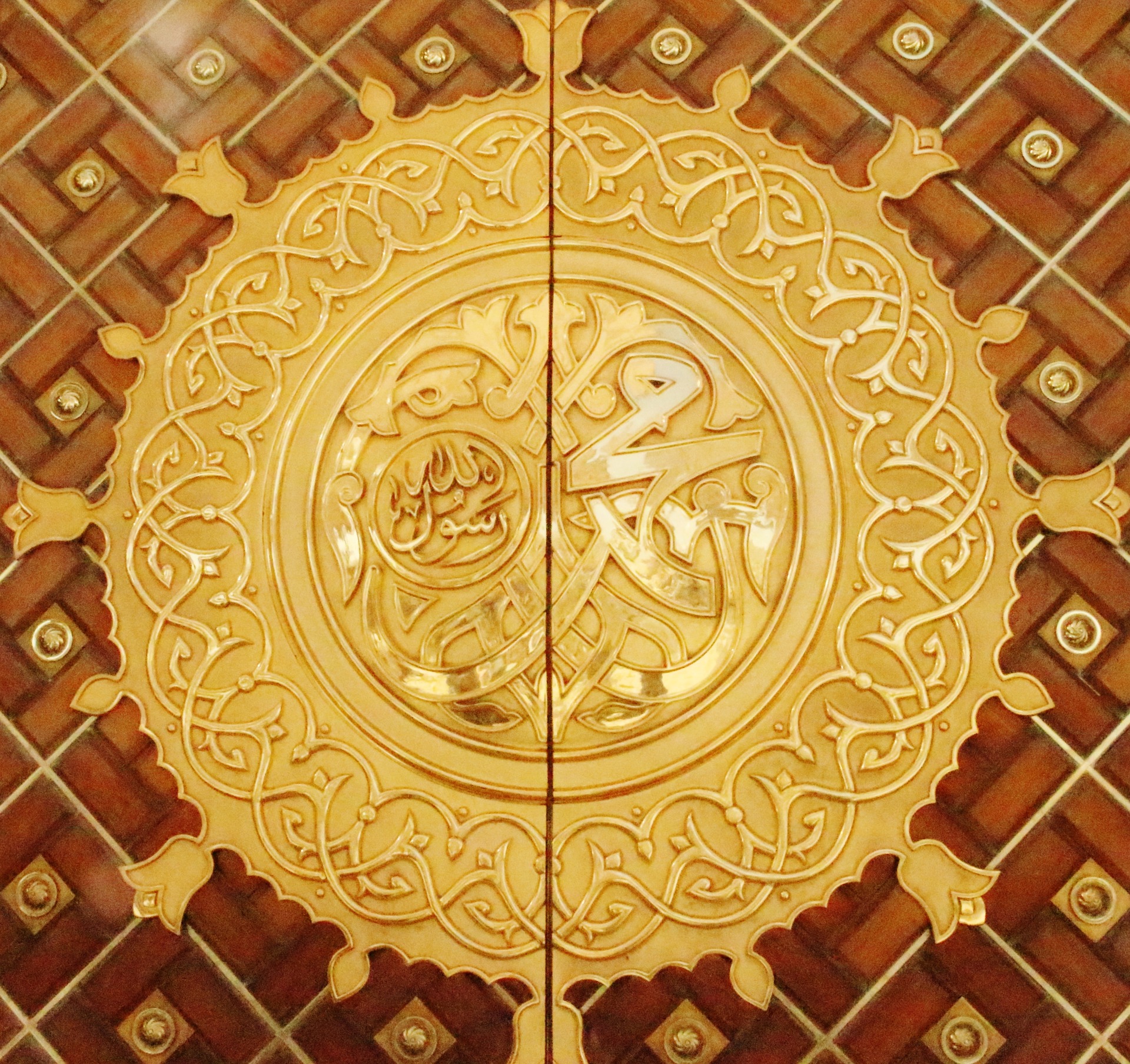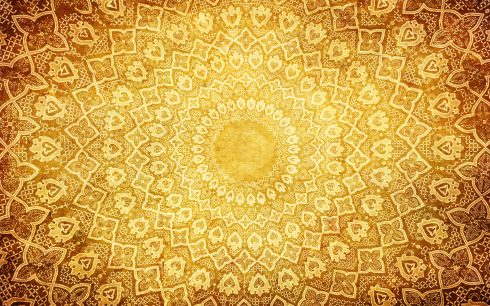Prophet Muhammad’s (PBUH) Message – A universal message

Allah (SWT) says in His Glorious Book: “Prophet! surely We have sent you as a witness, and as a bearer of good news and as a warner, and as one inviting to Allah by His permission, and as a light-giving torch”. In the month of Rabi’ El-Awwal, we celebrate the birth anniversary of Prophet Muhammad, whom Allah has sent to take the people out of darkness and into the light, by means of the Holy Quran; the light that shines on the minds to open it up to the truth… It shines on the hearts to open it up to love and mercy, and a life to guide it to the way of good and justice.
This Messenger who lived his Message through his humanitarianism was full of kindness and mercy towards all people. He was the orphan who lost his parents at a very young age, and he dedicated his life to the orphans, the needy and those in pain and distress to try to ease their sufferings and address their grief. He is the Messenger whom the Quran describes as: “Certainly a Messenger has come to you from among yourselves; grievous to him is your falling into distress, excessively solicitous respecting you; to the believers (he is) compassionate”. This merciful Prophet felt the problems and sufferings of all who lived around him and tried to offer them comfort and ease their pains. He studied all their conduct and relations in their communities, their markets, their travels… making sure that they will not deviate or fall.
He was as God described him “and We have not sent you but as a mercy to the worlds” (21:107). He was the prophet of mercy, who opened up to all people, telling them: Come to me, Islam is the religion of mercy that is merciful to all people and that does not deal with them harshly or cruelly. Islam, as evident from this Ayah, is not a religion of terror or violence as some claim. It is the religion of mercy, since its Prophet is the Messenger of Mercy, not only by himself but also and in the first place by his Message. God talked about the believers who become Muslims: “Those who believe, and enjoin patience, (constancy, and self-restraint), and enjoin deeds of kindness and compassion” (90:17).
Believers are merciful among themselves, and the Muslim society is a society of Mercy in which the strong is merciful to the weak, the rich is merciful towards the poor, the ruler is merciful with the ruled and the human is merciful with the animal. The Prophet says: “God will be merciful with those who are merciful”. Allah tells us that the method the Prophet resorted to in the call is one of Mercy by the heart and his tongue: “It is part of the Mercy of Allah that thou dost deal gently with them Were thou severe or harsh-hearted, they would have broken away from about thee” (3:199). He was of a kind heart and a kind tongue that is never violent or cruel. He always abided by the Quranic instruction: “Say to My servants that they should (only) say those things that are best” (17:53).
Carrying the Message
The Prophet’s Message was a universal one to all people. God wanted him to tell the people: “and We sent thee but to give Glad Tidings and to warn (sinners)” (7:158). He wanted the Muslims to uphold the responsibility of this Message, so that each generation will pass it on to the next. Thus, every generation holds the responsibility of conveying the Message of Islam to the coming generation. It is a responsibility to make the call of God reach all people, each according to his capacity and education. Each human being should feel that he is Allah’s messenger to his family and community and to the world at large.
Islam is the trust of Allah and His Messenger
Allah, told us about the society the Messenger established: “Muhammad is the messenger of Allah; and those who are with him are strong against Unbelievers, (but) compassionate amongst each other” (48:25). He told us about the Prophet’s followers in his time and at all times. He said: “and My mercy encompasses all things; so I will ordain it (specially) for those who guard (against evil) and pay the poor-rate, and those who believe in Our communications” and: “Those who follow the messenger, the unlettered Prophet, whom they find mentioned in their own (scriptures),- in the law and the Gospel;- for he commands them what is just and forbids them what is evil; he allows them as lawful what is good (and pure) and prohibits them from what is bad (and impure); He releases them from their heavy burdens and from the yokes that are upon them. So it is those who believe in him, honor him, help him, and follow the light which is sent down with him,- it is they who will prosper”.
It is the call that comprises all times and places, the call of believing in Allah and His Messenger. It is the call that elevates the believers to the highest humanistic levels. He sent His Messenger with wisdom and guidance to enable the Muslim communities to build civilizations, and considered the mind as the reason justifying the judgment of people. He also considered knowledge as the basis of value: “Are those equal, those who know and those who do not know?” (39:9), and wanted man to seek more knowledge: “O my Lord ! Increase me in knowledge” (20:114). He also wanted the Muslims to be strong “Against them make ready your strength to the utmost of your power” (6:60). Yet, when Islam opens up on the world, it does not carry a sword to kill others; it carries a spirit, a thought and a civilization, and wants to enrich the world by them.
When we live the memory of our Prophet (p.), we emphasize that the Prophet (PBUH) wanted the Muslims to unite and refer their differences to Allah and His Messenger. Allah wants all of us to hold fast to His rope of unity. Anyone who tries to incite strife among Muslims is a traitor to God and His Messenger. And anyone who accepts fanaticism that makes a Muslim stand against a fellow Muslim in times of challenges is a traitor to Allah, his Messenger and his friends: “O you who believe! be not unfaithful to Allah and the Messenger, nor be unfaithful to your trusts while you know”.
A lecture by the late Grand Ayatollah Sayyed Muhammad Hussein Fadlullah (r.a)
Translated by: Ghassan Rimlawi

